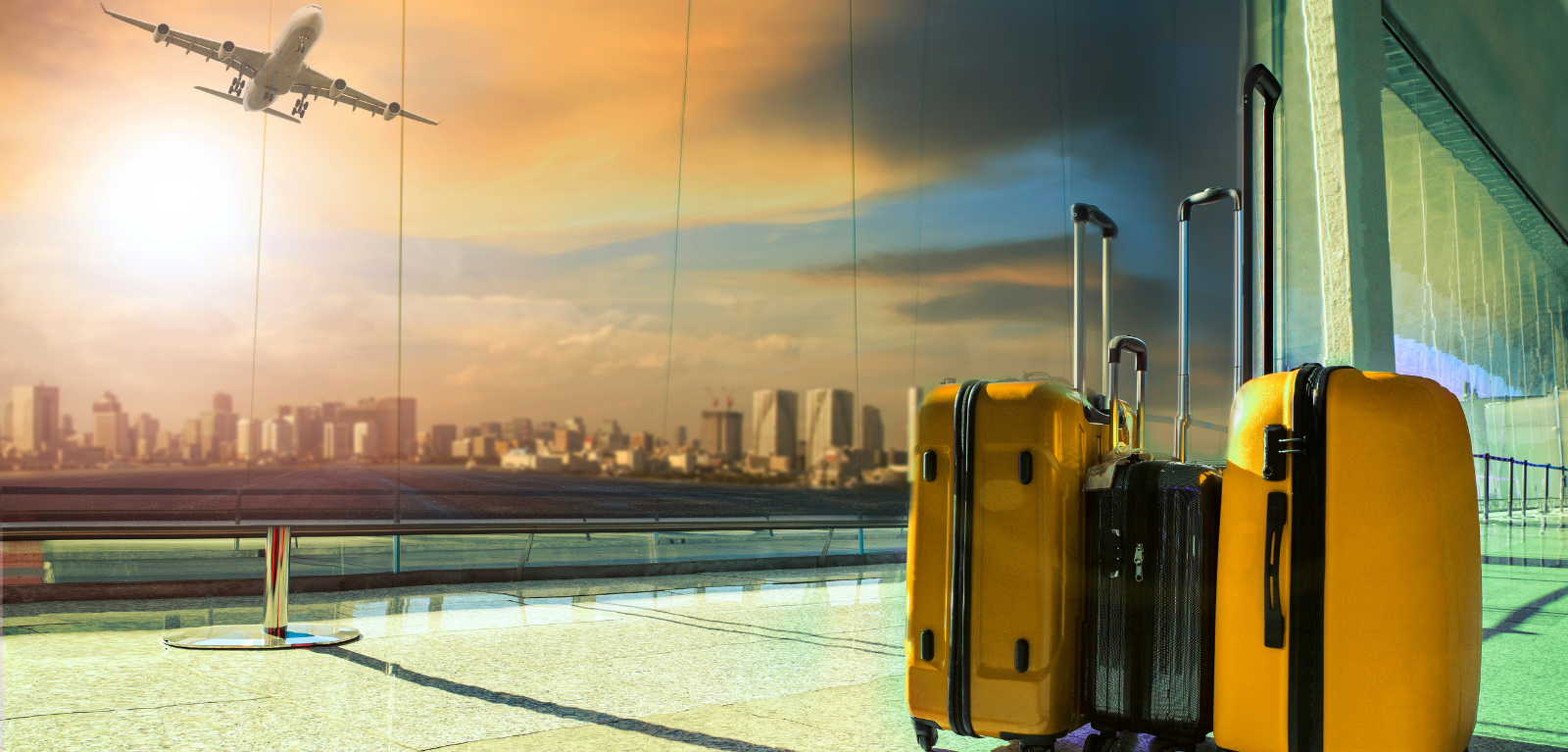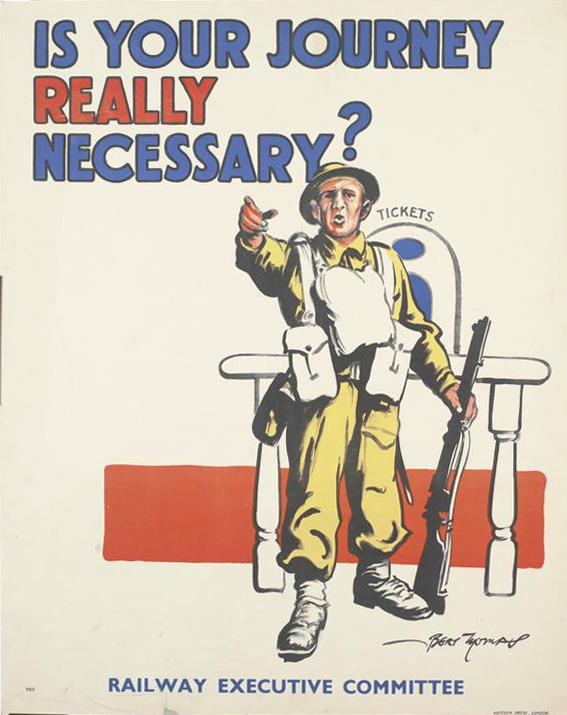‘Is Your Journey Really Necessary?’: COP26 and our travel habits in the post-COVID-19 world

As part of our special blog series, Queen's Voices on COP26, Dr Hiroki Shin, Vice-Chancellor Illuminate Fellow, School of History, Anthropology, Philosophy and Politics, reflects on how we can green the ways in which we travel.
Over the last twenty months, our travel habits have changed dramatically. During the COVID-19 lockdown, non-essential travel was severely restricted and the official guideline told us to ‘stay home’ or ‘stay local’. Personally, as a historian, one big challenge was the suspended access to archives and record offices, a serious blow for an archive-based researcher. I didn’t return to the National Archives in Surrey, England until early June 2021; even then, I felt hesitant to do so. Now in November, like many others, I still keep my travel to a bare minimum, and I expect that I will continue to do so for some time to come.
The UK’s Presidency for COP26 has selected transport as one of the key themes of the Glasgow meeting. The main concern is the decarbonisation of transport technology for road vehicles, trains, ships and airplanes. Greening transport is undoubtedly a crucial component of the global battle against climate change, especially as the transport sector accounts for more than 20% of the world’s total CO2 emissions. Shifting to low- (or zero-) emission transport is imperative for saving our planet.
However, I am concerned that the scramble for low-emission transport does not seem to be accompanied by an equally rigorous debate about reducing travel demand. It will take years or decades to decarbonise transport at the global scale, while the travel demand is likely to grow after people across the globe are freed from the current travel restrictions. The perilous position of the travel industry notwithstanding, reverting back to our previous travel habits is probably not the wisest course of action to take.
Low-emission transport alone is not sufficient for greening the ways in which we travel. The 19th century economist William Stanley Jevons wrote that an improvement in energy efficiency would not necessarily reduce the overall energy consumption because the efficiency gain, by eventually lowering the price of end products or service, would create additional demand. Jevons was talking about coal, with the distinctive concern of coal depletion at that time, but what came to be known as the Jevons Paradox may equally apply to low-emission transport technology. A greener transport may entice us to travel further afield and a little more frequently. A recent study by Peugeot indicates that electric and plug-in hybrid car owners tend to travel longer distances, amassing more mileage, than drivers of cars that run on petrol and diesel.[i]
At any rate, the current plans for greenhouse gas reduction are far short of what is needed to arrest catastrophic global warming. It is expected that the new Intergovernmental Panel on Climate Change (IPCC) report, due early next year, will include a call for lifestyle changes, including our travel habits. A collective behaviour change in travel is not just desirable but indispensable for achieving a sufficient level of societal decarbonisation.
The COVID-19 crisis has compelled us to think carefully about what types of journeys are ‘essential’ and what types of trips we could do without. Currently, the popular discussion tends to focus on the regained freedom of movement after difficult times, but it would be a pity to leave behind our newly acquired habit of measured mobility.
I am not suggesting reviving the lockdown-style travel restrictions. After a long period of forced confinement, we appreciate more than ever the value of face-to-face human interactions—meeting with family, friends and colleagues—and the joy of an occasional escape to unfamiliar places.
The COVID-19 lockdown was not the first time in modern history when civilian movement was severely curtailed. During the Second World War, to maximise transport capacity and save fuel, the UK government implemented a nation-wide campaign to curb non-essential travel. However, Britons still travelled. According to a wartime official survey, a large part of domestic rail travel was related to the journeys made by soldiers on leave from service, presumably to see their family and loved ones. In October 1942, out of 45.5 million rail passenger journeys, 8.8 million journeys were made by on-leave service personnel, their families and relatives.
Then, as now, some forms of face-to-face human communication are essential. As we are emerging out of COVID-related travel restrictions, it is a good time to contemplate what constitutes ‘essential travel’ and how we can reduce travel demand at the personal and collective levels, in a humane fashion.
The wartime Railway Executive’s travel restriction campaign poster asked: ‘Is Your Journey Really Necessary?’ Recently, we’ve been asking ourselves the same question. By continuing to do so, we can begin greening our travel habits in a meaningful way.

Image credit: ‘Is Your Journey Really Necessary?’ A poster by Bert Thomas for the Railway Executive Committee. © IWM Art. IWM PST 0144
[i] https://www.media.stellantis.com/uk-en/peugeot/press/ahead-of-the-london-ulez-expansion-peugeot-reveals-that-electrified-vehicle-owners-are-travelling-further-than-petrol-and-diesel-drivers
